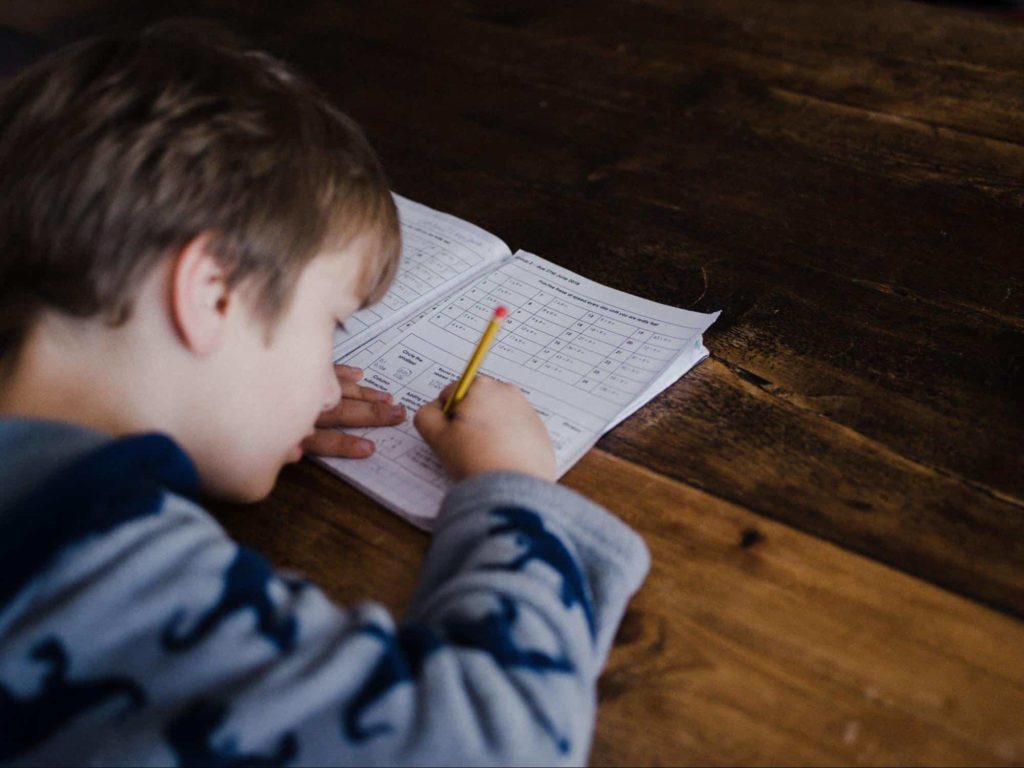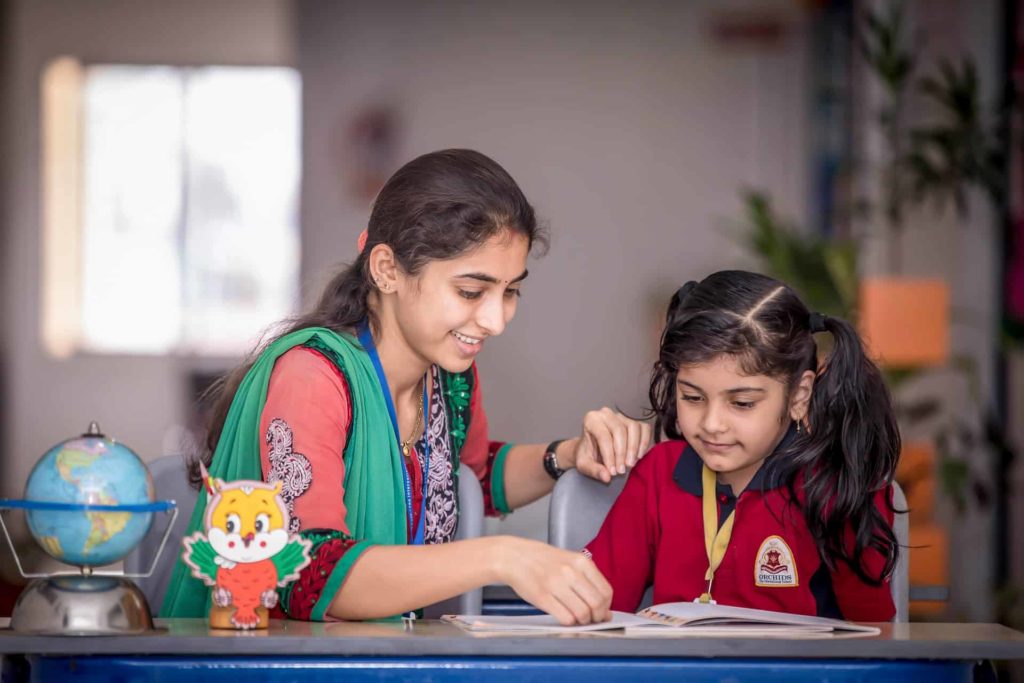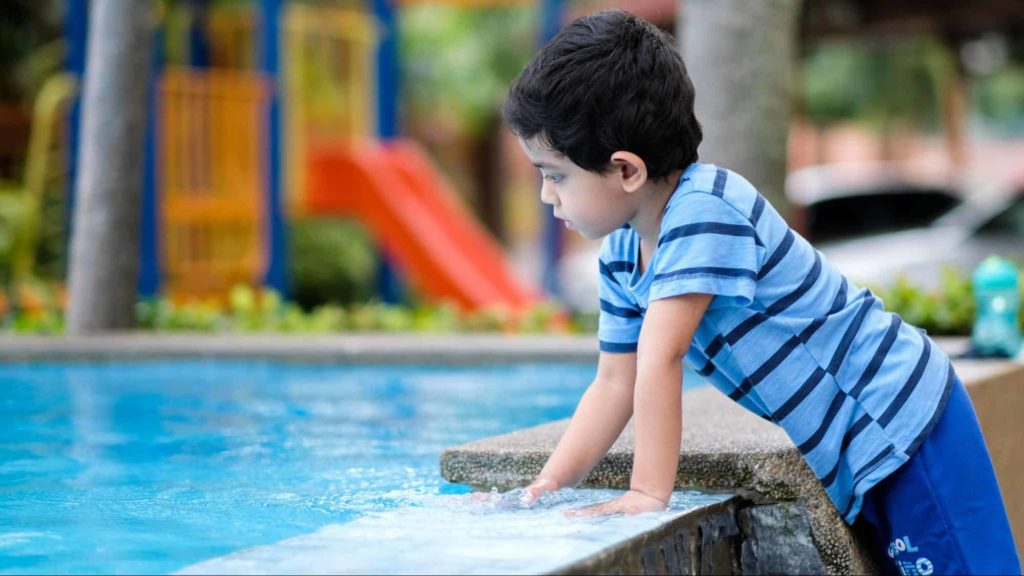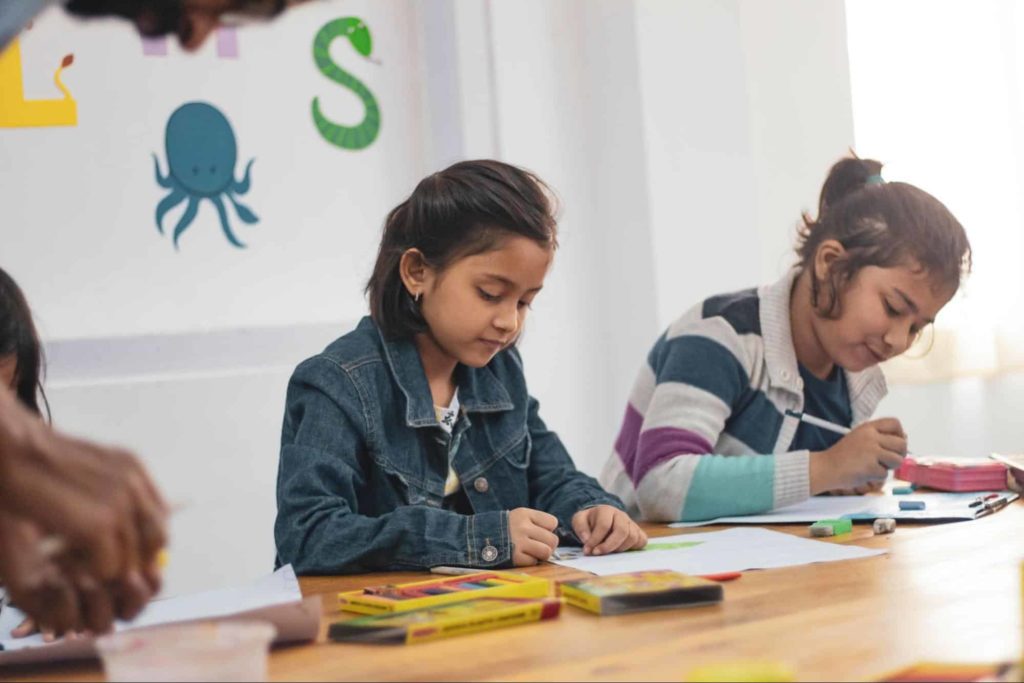The Pros and Cons of Homeschooling in Malaysia
Parents always prioritize their children’s education. In Malaysia, the education system is diverse, which is why it’s difficult for parents to make decisions for their kids’ future.
In fact, it takes great consideration to decide where to send your children or whether they should be homeschooled in Malaysia. So, how do you know if homeschooling is a good option for your family?
Homeschooling is an advantage in Malaysia due to the learning flexibility and attention given to students, the IGCSE syllabus is followed, and it’s affordable.
However, Malaysian homeschoolers usually encounter problems like the lack of facilities and social interaction. Nonetheless, this setup provides consistency in the education of the children because of the recognized and established system.
In general, parents are often unsure about homeschooling, but it’s a good option to consider, depending on the goals of the family. Homeschooling has been recently gaining popularity among parents in Malaysia too!
So, we prepared this guide to help Malaysian parents in weighing the benefits and disadvantages of homeschooling in Malaysia.
Read on to discover what makes homeschooling in Malaysia different, as well as its pros and cons, and find out if it’s suitable for your child!
Pros of Homeschooling in Malaysia
1. Homeschooling centers are available.

Another misconception about homeschooling in Malaysia is that it’s just done at home. However, this is not true because Malaysia is also home to some of the best homeschool centers.
That’s right! Homeschooling in Malaysia is possible by enrolling in a homeschool center that holds its activities in spacious buildings or rented office units.
Students in these homeschool centers also study the same subjects in schools. They have well-experienced teachers who will give them optimum attention because of the smaller class sizes.
Teachers in Malaysia’s homeschool centers are also flexible in the learning styles of their students. They often use different teaching methods to meet the needs of their students.
Furthermore, parents should also consider these homeschool centers as an alternative because of the better environment that they provide for the kids.
2. It’s a cost-effective alternative.

Many parents don’t entertain the idea of homeschooling their kids because of the costs. Contrary to the popular belief that it’s expensive, homeschooling in Malaysia is actually quite affordable.
It’s possible to save up money for your child’s college funds when homeschooling in Malaysia. Private schools and international schools are usually expensive, but homeschooling is a cheaper option.
It’s true that parents would incur expenses when they choose to enroll their kids at a homeschooling center or when they hire a tutor. But these are less than what they would have to pay for when sending their kids to a formal school.
When homeschooling, they would also purchase learning gadgets and learning materials, as well as Internet connection and examination fees. But, they don’t have to worry about other expenses like uniforms or transportation services.
To see how significant parents would save just on the tuition fee costs, here’s a list of our observations:
- Students attend public school in Malaysia for free but the quality of education here can’t match a private or international school or even homeschooling.
- Tuition fees in private schools and international schools could cost RM 18,000 to RM 25,000 annually.
- Homeschooling in Malaysia would cost only approximately RM 5,000 per year. It’s only 28% of the costs for a private or international school.
Overall, the figures above means that a homeschooled child would be able to get an education much like in a private school in Malaysia but at a lesser expense for the parents.
3. The homeschool teachers in Malaysia are certified.

Parents are often concerned about the qualifications of the tutors because the parents themselves might not be qualified enough to teach.
But in Malaysia, homeschool teachers often have a teaching diploma as it’s a requirement for their employment. It means that the teachers, especially in homeschooling centers, are competent to teach the students.
This is why parents should also consider homeschooling their kids because they’ll also be taught by competitive tutors and teachers.
4. The IGCSE Syllabus is followed when homeschooling in Malaysia.

Parents might be worried that homeschooling lacks a stable curriculum structure, but it isn’t a concern in Malaysia. Homeschooled children have a different curriculum from that in a regular school, especially when compared to a public school.
So, parents shouldn’t also be worried that their kids will be lacking behind in their studies.
Plus, homeschooling in Malaysia follows the globally-recognized IGCSE curriculum, just like the private schools in the country. In fact, homeschooling in Malaysia is often referred to as “IGCSE homeschooling”.
This benefits homeschooled kids because they will receive a high–quality education.
In fact, this syllabus also makes students competitive in English because this language is used in teaching.

Since the IGCSE syllabus is used for homeschooling, students will be prepared and they will become equipped to take the IGCSE exams.
Students won’t feel pressured and stressed about these exams because they can concentrate better on the subject they have to take. Plus, they only have to take at least two subjects in one sitting.
The certification given by this exam makes it possible for homeschooling students to be accepted into universities abroad.
The curriculum used when homeschooling is also more focused. Unlike in public schools, homeschooling students take about five subjects or more, depending on the preference of students.
As a matter of fact, homeschooled students do well in their studies and they even score 40% higher in national exams than students in public schools.
5. It has a one-on-one learning environment.

One of the greatest advantages of homeschooling in Malaysia is that the student is taught one-on-one. This means that the student receives more attention than in an ordinary classroom setting.
The learning needs of a homeschooled student are noticed more because the parent or the teacher could easily spot them. This is because the teacher could give a more personal attention and better focus to the student.
In general, homeschooled students experience better guidance due to the undivided attention given to them.
Your child won’t experience having a fast-paced lesson because some teachers tend to discuss quickly. Students who are homeschooled would also be able to ask the questions they have as they won’t be shy to ask questions.
Homeschooling also allows parents and tutors to nurture the student’s talents and crafts and help them focus on their growth.
Because of the one-on-one setting, there’s less social pressure on the students.
They won’t experience the pressure from their peers and events that pervade a schoolyard.
They also won’t bring home values or attitudes that parents might not like. It’s the parents themselves who would be able to teach their children these values and beliefs.
However, parents don’t need to worry about isolating their kids because they would still have time to play with their friends even if they’re homeschooling.
6. It’s flexible and it gives better learning opportunities.

Another good thing about homeschooling is that it’s very flexible and there’s more educational freedom as to how lessons are taught.
Homeschool lessons are adjusted based on the learning style and pace of the students. It means that special considerations will always be accounted for, especially if the student needs special attention.
Furthermore, the teaching style of the teachers and the learning environment could be customized per student. Plus, the time of classes and study schedule could both be adjusted according to the needs of the child.
It’s also easier for students to learn real-life experiences because of the homeschool setup as this helps them in remembering the lessons.
Homeschooled students are also actually afforded opportunities. This is in contrast to the misconception that they’re not given the same opportunities as students who attend a regular school.
In fact, homeschooling could even give children a space to understand their interests more because of the flexibility it provides in mapping out their plans. It doesn’t restrain them from just drilling for exams.
Furthermore, this flexibility in learning also allows parents to plan for fun family activities and vacations because there’s no fixed school schedule. It’s easier for them to arrange their plans without worrying about the holiday rush.
7. Students learn at their own pace.

Perhaps the greatest thing about homeschooling is that the students are free to learn at their own pace while being guided by their parents or tutors.
In homeschooling, the study plan can be customized according to the pace of the children and there’s no fixed or strict schedule.
Children can also either take their time in studying or progress faster, unlike in a regular classroom where all the students move at the same time.
No matter their pace, homeschooled students are guaranteed to fully understand their lessons. They can learn each topic until they’re familiar with them, which may not be possible in a formal school because of the limitations in the school’s timetable.
Homeschooling also makes it possible for students who are gifted and fast learners to learn at a faster pace. They could finish their studies quickly and graduate earlier than in a regular school.
Meanwhile, students who have a slower pace won’t be rushed in learning. They won’t be pressured or bothered by the regulations of formal education.
For example, students don’t have to always go through every chapter, especially if they are already familiar with it. This saves them time which they can use on other topics or subjects they’re behind on.
This also means that they can shorten their academic year and finish faster than a regular school. They can take the necessary and mandatory exams earlier than other students, too.
Because students learn at their own pace, homeschooling is generally recommended for the following:
- Children with active co-curricular activities
- Children who are elite athletes or those who constantly enter competitions
- Gifted children who learn fast
- Children who have challenges and need additional support
- Children in traveling families who can’t permanently stay in school
However, parents should take note that there are limitations as to who can be homeschooled in Malaysia and we’ll discuss more on that later.
8. It’s safer for the students.

Homeschooling here means that parents have valid reasons why they want to have their children educated elsewhere. More often than not, it’s because of the safety of their children.
Parents prioritize the well-being of their children. It’s a good option to go with homeschooling as it provides a safer and better learning environment for the students.
It means that parents don’t have to worry about the safety and health of their children when they’re at school. Because of the Covid-19 pandemic, parents opted for homeschooling as it’s safer than sending their children to school.
There’s also a notion that homeschooled kids are over-protected, but it’s not all true even for Malaysia!
In general, homeschooling ensures the safety of the students as they can be closely monitored by their parents. The latter would also know who their children had been in contact with, so they’re assured of the safety of their family, too.
In addition, homeschooled children also don’t have to face social issues that will affect their learning experience, especially since bullying is still prevalent in schools.
9. It’s hands-on and it encourages extracurricular activities.

Homeschooling provides students with more hands-on experience because they can try out-of-the-box activities.
They’re also more exposed to real-life examples of their lessons because they can visit science centers, zoos, or museums, instead of being stuck in a classroom.
Likewise, people also think that homeschooled kids don’t engage in extracurricular activities or in physical education. But this isn’t true about homeschooling in Malaysia.
In fact, one of the pros of homeschooling is that students are able to do extracurricular activities at least once a week.
Plus, Malaysia is also full of parks and there are plenty of things to try here even for kids. Because of the flexibility in their schedule, homeschooled students have time to explore their interests by trying different extracurricular activities, like joining clubs.
Homeschooling also allows students to interact and mingle with people of all ages as they can participate in social activities.
This also means that homeschooling makes room for the character building of the students. They’re more exposed to the country’s diversity and issues because of the social activities they can engage in.
10. There’s more quality time with the family.

Another advantage of homeschooling is that children could spend more quality time with their families. Their relationships with their families are nurtured and they become closer to them.
This relationship is also fostered when parents themselves are able to teach their children because it’s also a way for them to bond. It’s also easier for them to share their values with their children when they’re homeschooled.
Plus, homeschooling parents can consistently monitor the progress of their children, as well as their homework and performances in their examinations.
Aside from being able to evaluate academic development, parents could also consistently check on their child’s emotional development.
Homeschooled students would also have more time to be taught by their parents the everyday skills they need to learn like cooking or cleaning, in addition to tutoring them. This allows the children to be more independent, too.
Cons of Homeschooling in Malaysia
1. Students may not learn to be fluent in Malaysian.

One of the downsides of homeschooling in Malaysia is that students might turn incompetent in their national language, Bahasa Melayu.
Although it’s easy to learn, they might have a hard time being fluent in this language because it’s seldom used in homeschool centers.
In Malaysia, homeschooled students are more exposed to English as it’s the common medium of teaching in homeschool centers. This is because the IGCSE syllabus is centered on English education.
Because of this, homeschooled students might prioritize English, even if Malay languages are also part of future examinations that they’re going to take.
2. There will be less social interactions.

One of the biggest disadvantages of homeschooling is that children may have a hard time building their own social life and befriending kids of their age.
Homeschooled kids may not have many opportunities to mingle with other children. This is because they wouldn’t experience being in a class with 20 to 40 other pupils, where they can interact with their classmates.
This may mean that they might grow into being socially awkward because they’re less socialized to their peers. Some of them may not have the skills to interact with other kids since they won’t have the luxury of hanging out with people of the same age.
Therefore, it may be a concern for parents to be responsible for their children to have sufficient social engagements.
Furthermore, homeschooled students will also miss out on the academic competition that’s usual in regular schools.
As they’re missing out on social interactions with their peers, homeschooled children may also feel lonelier.
So, if you’re thinking about homeschooling your kids, it’s important to also consider what level of socializing they need because they might be too dependent on their family.
3. There’s a lack of facilities.

It’s a common concern when homeschooling that children will miss out on the facilities provided and are more accessible in schools. These include science laboratories, computer laboratories, and even libraries.
Homeschooled students would usually only have their own laptops when studying. It may even be harder for them to access some learning resources.
Likewise, students who have special needs may not be able to access specialized teaching aids should they need one when they’re homeschooled.
4. Parents may sometimes incur extra expenses.

Depending on the needs of the kids, homeschooling them may mean additional costs for the parents. Usually, they would have to pay for additional teaching or learning materials and for the extracurricular activities that their children are interested in.
Likewise, they would also have to bear the expenses for extra classes, training, or other clubs that are simply available and which could be free in schools.
Furthermore, the location is another concern for the parents to ponder because most of the homeschool centers in Malaysia are located in Selangor, particularly in Kuala Lumpur.
This means they might incur additional expenses for the commute or gas. Or, they might have to spend money to move into neighborhoods near these locations.
5. Parents may not be able to tutor their kids.

Not all parents have the time to monitor their children’s education even if they’re homeschooled. They might even lose interest in tutoring their children because of the errands and chores they need to do, in addition to work.
Likewise, it’s a common concern for homeschooling that parents aren’t qualified to teach their kids. They may lack the training needed and they may not know the teaching methodologies used for homeschooling.
Furthermore, parents might also feel frustrated with their children if they can’t understand the lessons they’re teaching. This, in turn, affects the education of their kids too.
6. There’s a need for more homeschool teachers in Malaysia.

While there are qualified homeschooling teachers in Malaysia, they may quickly get booked because they’re few. Unfortunately, there’s a lack of good and qualified homeschooling teachers in Malaysia.
Meanwhile, even if there are qualified homeschooling teachers, not everyone is qualified to teach all subjects.
Therefore, even if you find a teacher, it’s possible that they could not be qualified to teach one or more subjects, and it may result in an ineffective education.
It’s important for parents to always check the qualifications and credentials of the homeschooling teachers of their kids.
Moreover, when students are homeschooled, they might turn out to be highly dependent on their tutors or their parents for their studies. So, this is something that parents should take note of when homeschooling.
7. Homeschooling takes a lot of time and effort.

Homeschooling is not something that can be done overnight. It’s a time-consuming task for the parent, the student, and the tutor or teacher.
This would also require a lot of effort and time for the parents to prepare the lessons and plot every schedule.
And, the longer it drags on, the family finances will also be strained because of the additional homeschooling tuition costs and fees.
Parents have to be involved in their children’s education. They need to commit their time and energy in making sure that their children understand each lesson if they’re homeschooling.
Homeschooling in Malaysia: How is it different from other countries?

Homeschooling is becoming a famous alternative in Malaysia and it has gained stability over the years. It’s also quickly becoming a trend in the country.
Compared to other countries, there are some things that make homeschooling here unique.
1. Students enroll in homeschool centers.
One of the things that make homeschooling in Malaysia different is the homeschooling centers unavailable here.
Unlike in other countries where children are taught by their parents or tutors at home, homeschooling students in Malaysia are enrolled in these centers.
There’s a low and balanced teacher-to-student ratio per class in these centers, so parents are guaranteed a more effective learning environment for their kids.
This also means that the teachers will be able to maintain the quality of education and the attention given per student.
Furthermore, there’s more demand for homeschooling nowadays so plenty of these centers are opening up in the country.

2. Students start homeschooling early.
Malaysian kids start homeschooling at the age of 6, compared to public schools that accept students at 7 years old.
This allows homeschooled students to finish their education early and by the time they’re 16, they’re prepared to enter a higher institution.
Meanwhile, in other countries, especially in the west, homeschooling starts at least at the kindergarten level but it doesn’t go higher than the 12th grade.
3. English is the medium of instruction.

In other countries, the medium of instruction used in homeschooling is usually the national language. So, children grow up being fluent in their native tongue.
Meanwhile, homeschooled students in Malaysia are encouraged to use the national language. However, it’s common for homeschool centers to use English in teaching because of the syllabus they use.
This makes students competent and equipped to attend a university abroad that requires English because they become proficient in the said language.
4. The child must meet the conditions to be homeschooled.

As a general rule, schooling is compulsory in Malaysia. To be homeschooled in Malaysia, a child has to be exempted from regular schooling.
Parents must apply to the Ministry of Education for their child’s exemption. However, there are some conditions to be met for students to be allowed to homeschool.
A student should fit into either of these categories to qualify for homeschooling:
- The child should be medically certified either as unfit to learn or they’re not suited for conventional schooling because of certain circumstances.
- The family often travels to other countries.
Then, the National Curriculum should be the main curriculum to be used for homeschooling while other curricula may be used as a supplement.
In Malaysia, students are homeschooled usually because they need immediate care or special attention. This is why parents need to declare their children’s needs.
Parents are also expected to be involved in their children’s education as a teacher or a tutor.
These factors often affect the application for homeschooling in Malaysia:
- Nationality and residence status of the parents and children
- Reasons for the application for homeschooling
- The child might be registered in a school
- Ability of parents to cater to homeschooling
- Suitability of the homeschooling plan made by the parents
- Suitability of the curriculum, timetable, and methods used

Is homeschooling legal in Malaysia?
Homeschooling is legal in Malaysia and it’s a recognized alternative method of learning in the country.
Some people question its legality because the Malaysian national law mandates that children should enroll in a primary school when they turn 6 years old. If the parent or guardian fails to send the child to school, they will be fined.
But, as we mentioned, there are students who are exempted from this and they’re allowed to take homeschooling rather than going to a regular school. This just means that homeschooling is legal in Malaysia.
Parents who homeschool their kids won’t be fined for not sending their children to a regular school. However, they need to apply for an exemption first from the Ministry of Education before they can homeschool their children.
Likewise, they need to follow the stringent regulations upon approval of their application for school exemption.
Requirements for Homeschooling in Malaysia
- The applicant must be a Malaysian citizen.
- One of the parents should be able to tutor the child full-time at home.
- The national curriculum should be followed.
- The learning environment should be conducive and proper for teaching and learning.
- The home of the applicant will be visited to ascertain its suitability by officials from the Ministry of Education, the state’s education department, and the district education office.
Conditions after Approval of Application
- Officials from the Ministry of Education, state education department, or district education should be allowed by the applicant to visit their home at any time on a school day to monitor the teaching and learning process.
- The homeschooled child isn’t allowed to attend any private or government school.
- If the applicant violated the conditions after the approval by the Ministry of Education, the approval will be revoked forthwith by the ministry.
- If the approval is revoked, the child will immediately be registered at a normal school.

Our Final Thoughts on Homeschooling in Malaysia
Malaysia’s diverse education system makes it possible to have various options and methods of learning. One of which is homeschooling.
Homeschooling isn’t a new concept in Malaysia but it’s growing in prominence in the country.
In general, there are a lot of factors to consider when deciding whether your child should be homeschooled. However, it’s especially needed if their kids need to be given personal and special attention when they’re studying.
Children might even enjoy learning when they’re homeschooled and they could explore more about themselves and their interests.
To get the most out of homeschooling, the parents and the child should be willing to collaborate. Parents should also give their children a sense of responsibility so they’ll become independent as they’re studying.

Parents who consider homeschooling their children should think not only about its benefits but also its effects on the life and skills of their children.
They should also be able to examine if their family’s finances could bear homeschooling because it also takes a long commitment. Some children might even need extra resources if they’re homeschooled and this would mean additional costs.
Homeschooling your children might be risky but it also definitely has great advantages that will ensure a quality education for them.
It’s a life-changing decision to make for you and your child. So, take the time to research and prepare so your child could get the best education possible!

